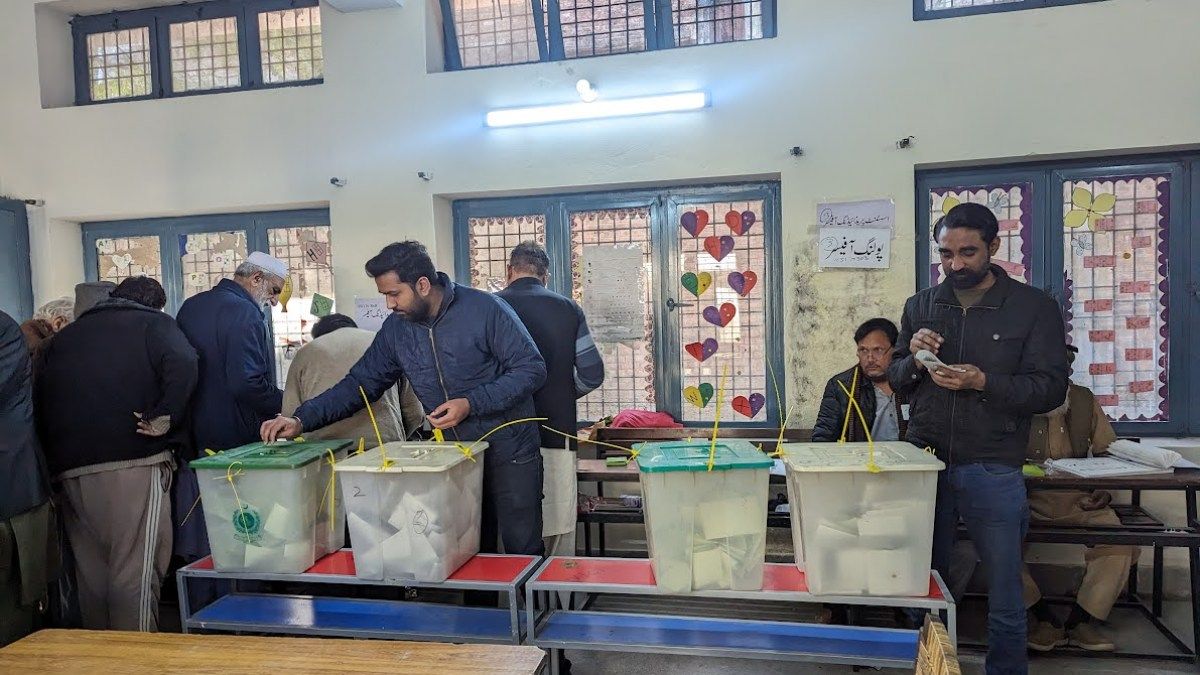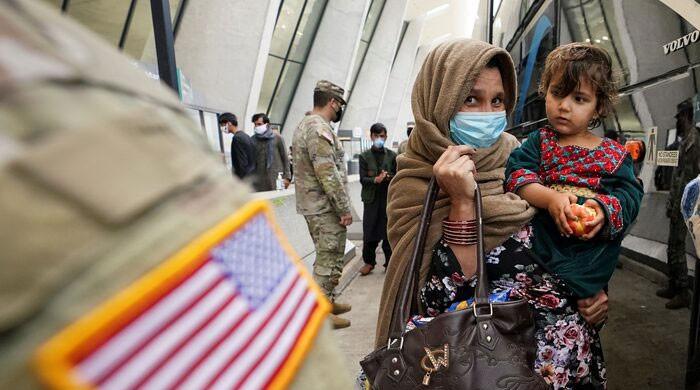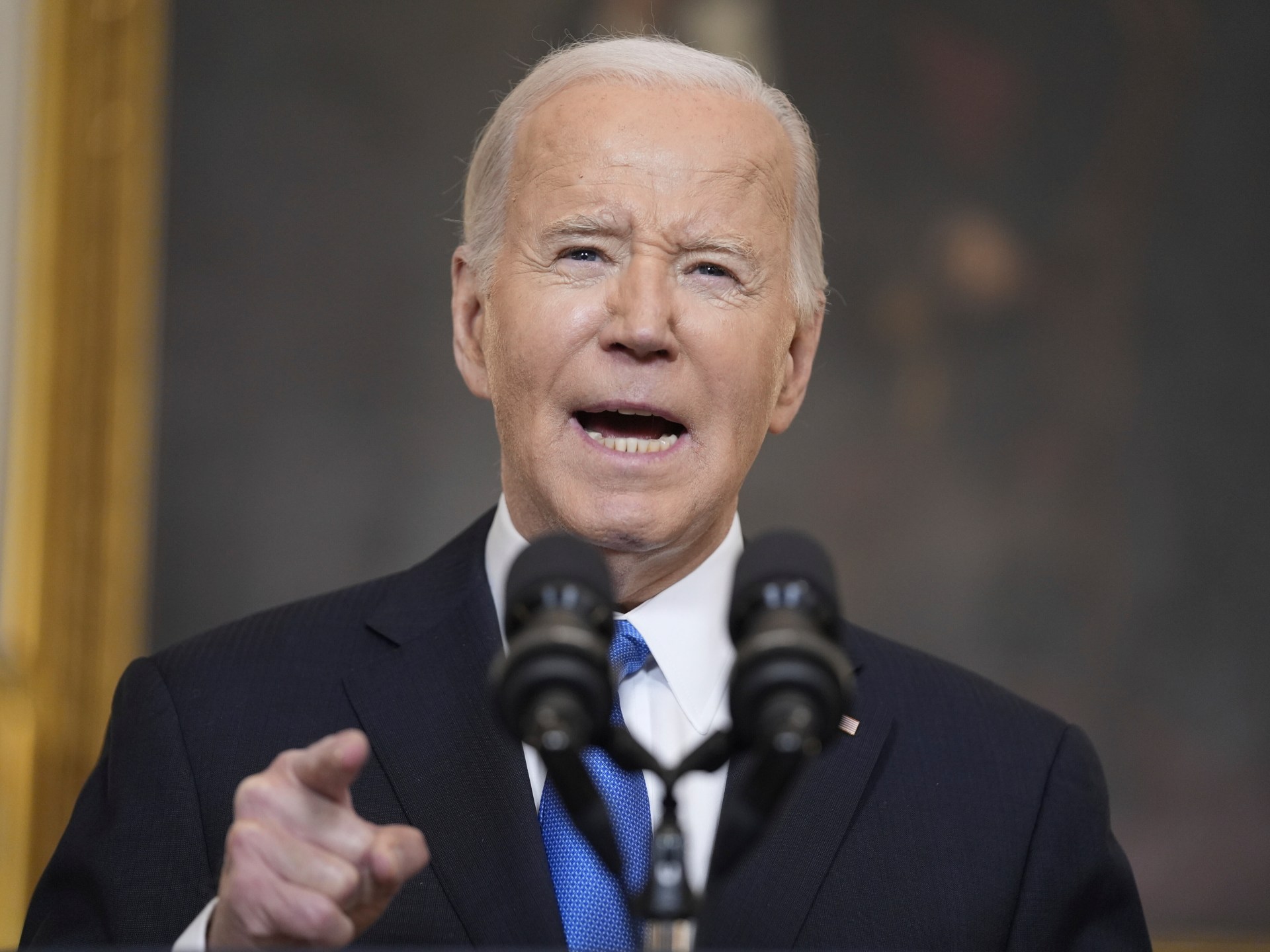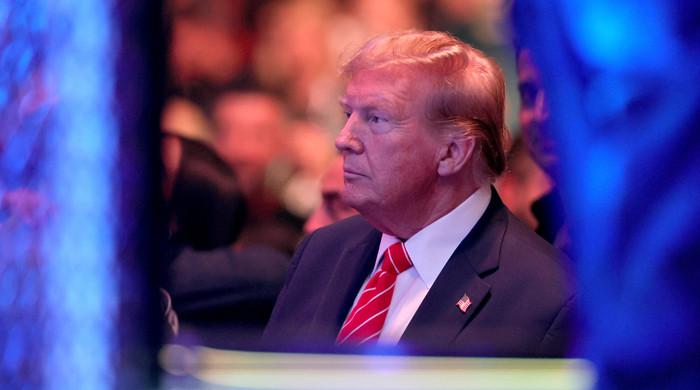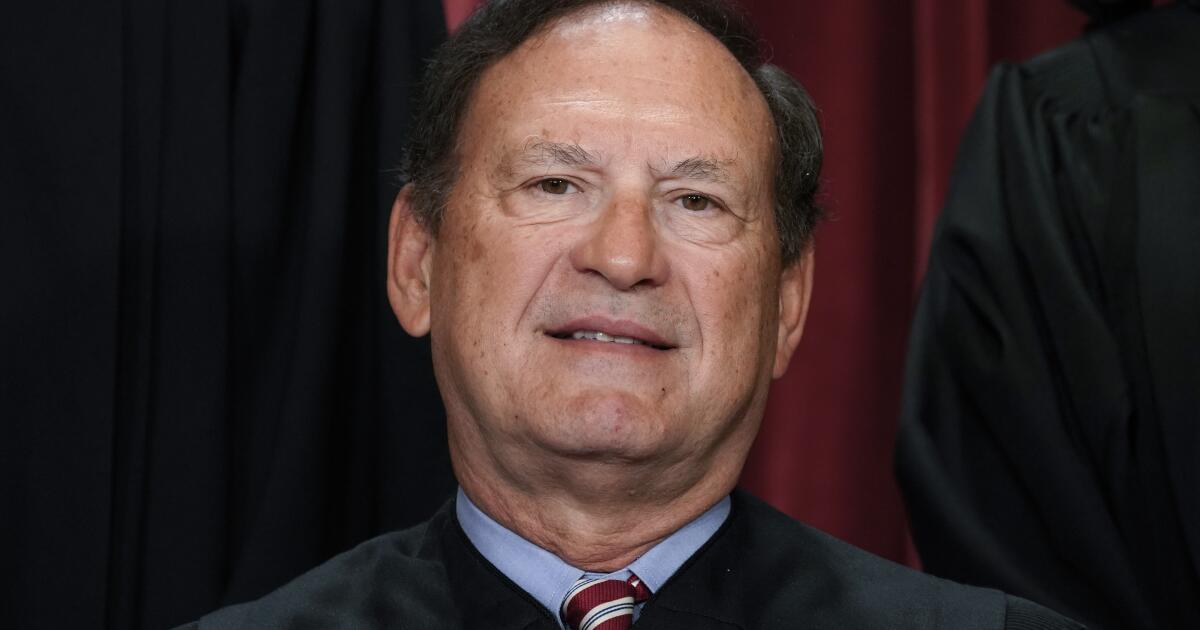Lahore, Pakistan – After strident protests alleging pre-election rigging, the suspension of mobile phone service and bomb blasts that killed at least nine people, Pakistan's 12th general election was declared closed.
The Election Commission of Pakistan (ECP) said counting of votes began shortly after the polls closed on Thursday night. Results are expected to start coming in overnight.
Three-time former prime minister Nawaz Sharif of the Pakistan Muslim League-Nawaz (PML-N) is considered the favourite.
Sharif spoke to the media after casting his vote and stated that he never had any problem with the Pakistani military, the main power broker in the country, with whom he has had major differences in the past.
His path to another potential prime ministership was cleared after his main political rival, former Prime Minister Imran Khan, was banned from contesting the election due to a conviction in a corruption case.
Khan is currently in prison serving multiple sentences for a variety of convictions, but urged his voters to make sure they come out on Election Day.
The ECP also stripped the symbol of Khan's Pakistan Tehreek-e-Insaf (PTI) party, but still managed to field independent candidates in a coordinated campaign.
Hours earlier, former Foreign Minister Bilawal Bhutto Zardari of the Pakistan People's Party (PPP) cast his vote in Sindh province, where the PPP is particularly strong. The PPP hopes to spring a surprise and upset predictions if it emerges victorious.
Before voting began at 8:00 a.m. (03:00 GMT), the government announced the suspension of mobile services across the country, citing security concerns.
However, there were multiple bomb explosions during the day, killing at least nine people in the northwestern province of Khyber Pakhtunkhwa and the southwestern province of Balochistan.
This came after two bomb blasts in Balochistan on Wednesday at election offices of two candidates, killing at least 27 people.
After the polls closed, interim Prime Minister Anwaar-ul-Haq Kakar said in a statement that the elections were a “momentous occasion.”
Kakar also praised the enthusiasm of the people of Pakistan and expressed his gratitude for their participation in the electoral process. “High voter turnout is a clear indication of public commitment to shaping the future of our country,” he said. However, reports emerged from around the country that voter turnout had been moderate during the day.
Pakistan has historically seen low voter turnout in elections. Since 1985, it has exceeded 50 percent only twice: in 2013 (54 percent) and 2018 (51 percent).
Of the 128 million people registered to vote this year, more than 45 percent are between 18 and 35 years old. According to electoral statistics, from 1997 onwards, the electoral participation of those between 18 and 30 years old never exceeded 40 percent, reaching a high of 37 percent in 2018.
As elections began in Pakistan on Thursday morning, all eyes were on PTI supporters. In the face of state repression against the party since May and now Khan's imprisonment, party supporters had vowed to respond through their votes.
However, at more than a dozen polling stations that Al Jazeera visited until 3 p.m., mainly in working-class and middle-income localities in Lahore, voter enthusiasm seemed lackluster. At a polling station in the Mochi Gate area, where almost 1,400 voters were registered, fewer than 250 had turned up.
“I have done electoral duties in the past and it was never so depressing,” ECP official Mohammed Ashfaq told Al Jazeera.
Several complaints emerged from Karachi, the country's largest city, where voters alleged that polling staff at several polling stations were absent and that in many places voting did not begin on time, starting even as early as 3:00 p.m. 00 GMT).
“This is my third attempt to vote today. I arrived in the morning. There was no one here. All the rooms were empty. I arrived early in the afternoon and the rooms were empty and the polling booths were not set up. People were running around trying to decide which room to go to. It has been a nightmare,” Elhaam Shaikh, 35, told Al Jazeera.
While the ECP has banned exit polls in the country, voters Al Jazeera spoke to appeared to be divided between the PTI and the PML-N.
Ayesha Siddiqua, a teacher from Lahore, said she had been a lifelong fan of Imran Khan and would vote for him regardless of what other parties had to offer.
“I have followed him from his cricket days and then from the cancer hospital he built,” he told Al Jazeera after casting his vote in Lahore. “To me, he can't do anything wrong.” Khan built a cancer hospital in Lahore in 1994, named after his mother, who had died from the disease in 1985.
Another voter, Khalid Taimur, a tour guide in Lahore, said his vote was reserved for the PML-N supreme leader.
“Nawaz Sharif gave us roads, buses and trains. He gave us infrastructure projects that helped the lives of common people. His legacy is his work, which speaks for itself,” the 52-year-old told Al Jazeera after voting.
In Balochistan, women's voter turnout remained low compared to the rest of the country. The province's tribal traditions often serve as a deterrent to women from being out in public.
Pakistan's electoral body said that if the total female turnout in any constituency was less than 10 percent of the total votes, it could order new polls there.
“If the total count of female voters in a constituency remains below 10% of the total votes cast, the Election Commission of Pakistan, as per law, may annul the voting in that constituency and order a fresh vote,” it said. the electoral control body. in a message on X, formerly known as Twitter, one day before the election.
#ECP pic.twitter.com/k9MyQMGdua
— Election Commission of Pakistan (OFFICIAL)🇵🇰 (@ECP_Pakistan) February 7, 2024
Muteeba Naz, 21, went to cast her first vote in Quetta, the capital of Balochistan. “The priority of the next government should be inflation and terrorism because yesterday, more than two dozen people were killed in Balochistan,” she told Al Jazeera.
As the country faces a failing economy and a volatile security situation (more than 1,000 people were killed last year in attacks), many Pakistanis view the elections with the hope that they will produce a government capable of bringing some stability to the nation of 241 inhabitants. one million people.
But analysts have warned that the next government could struggle to gain legitimacy because of the attack on Khan. And they warned that without the trust of the people of Pakistan, the next prime minister could struggle to take steps to help the country confront its myriad challenges.
With additional reporting by Alia Chughtai in Karachi, Saadullah Akhter in Quetta and Islam Gul Afridi in Peshawar.

